Opinion: Exporting arms? Don't become complicit in the war in Yemen
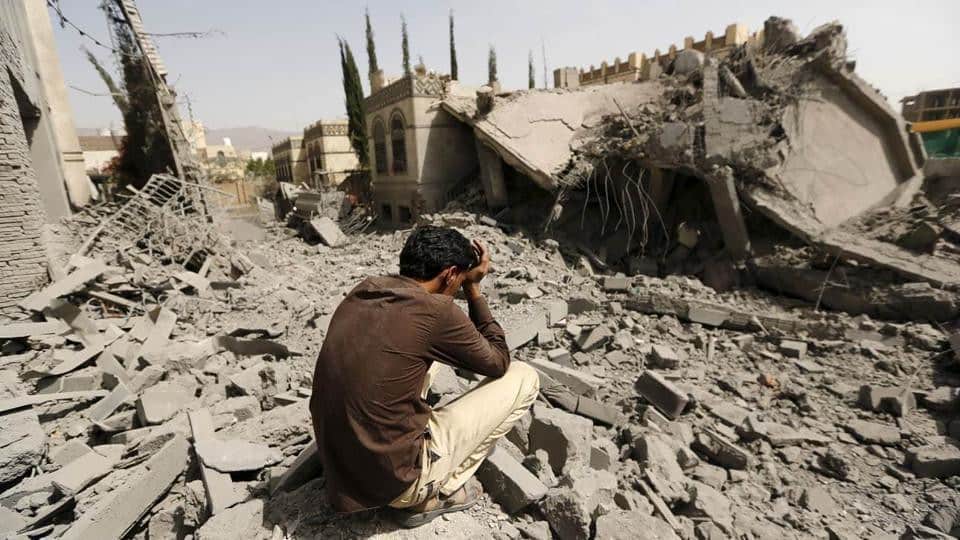
Photo: victim of Yemen attack, 20-04-2018 - Flickr This opinion piece originally appeared in the Trouw edition of 14 May We are about to sign a treaty whereby we can no longer stop arms deliveries to Saudi Arabia, among others. Why does it remain so quiet on this, master's student in international law Maurits van Es asks [...].
With the honest story, Lara Sibbing cycles through the EU and the Netherlands

The European Parliament elections are coming up. Also on 6 June, Green-Left-PvdA will appear on the ballot paper with a shared list in which 'green' and 'red' come together. In the run-up to these elections, we therefore speak to several GL-PvdA candidates. In this interview Lara Sibbing - number 16 on the list - about [...]
Where do the tensions within the Eritrean diaspora come from?
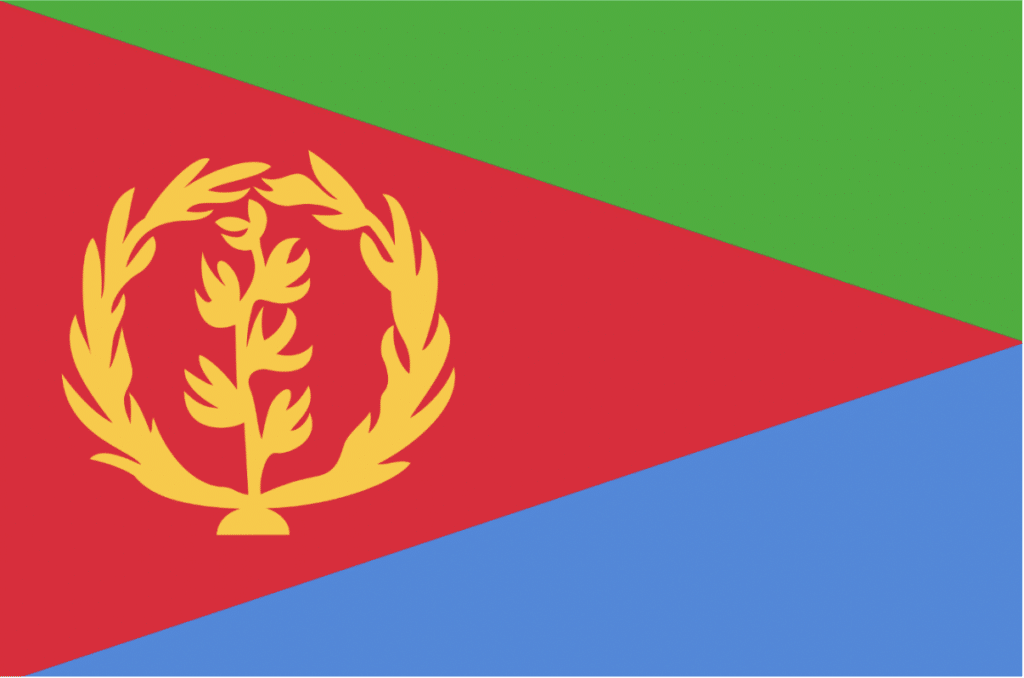
The clashes in The Hague between people from the Eritrean diaspora are not isolated incidents. Similar tensions occur in several countries. Dutch politicians advocate cracking down, without fully understanding the root causes, especially the role of the dictatorial Eritrean regime. Recently, tensions within the Eritrean diaspora escalated into [...]
The Netherlands and feminist foreign policy: opportunities for progress
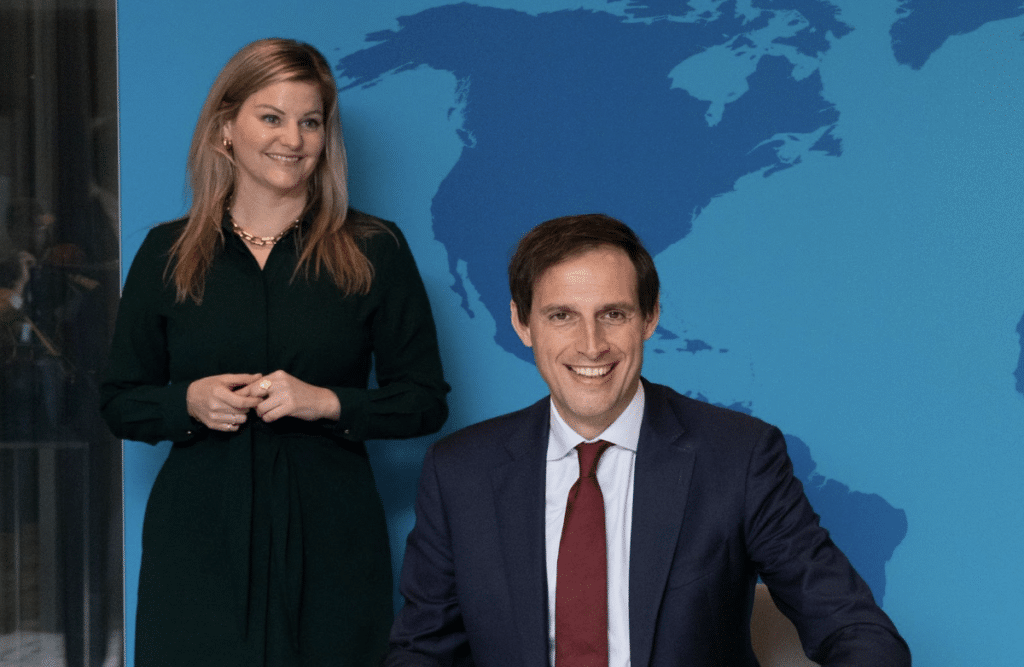
Photo: Ministers Wopke Hoekstra and Liesje Schreinemacher, Wikimedia Commons In 2014, Sweden became the first country in the world to implement feminist foreign policy (FBB). Several countries followed, and on 13 May 2022, Minister Wopke Hoekstra (CDA) and Minister Liesje Schreinemacher (VVD), also announced that the Ministry of Foreign Affairs was going to explicitly commit [...]
21 March FMS Political Café: Turkey and Syria after the earthquake
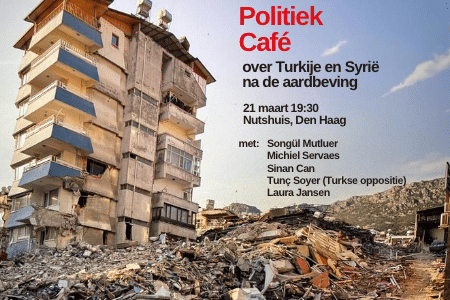
It is now just over a month since a devastating earthquake hit parts of Turkey and Syria. Immediately after the news of the disaster, major initiatives were launched. For instance, people collected clothes en masse and in came a nationwide Giro555 action that raised a lot of money. Still today, many organisations such as [...]
One year after the start of the invasion: life of Ukrainians in the Netherlands
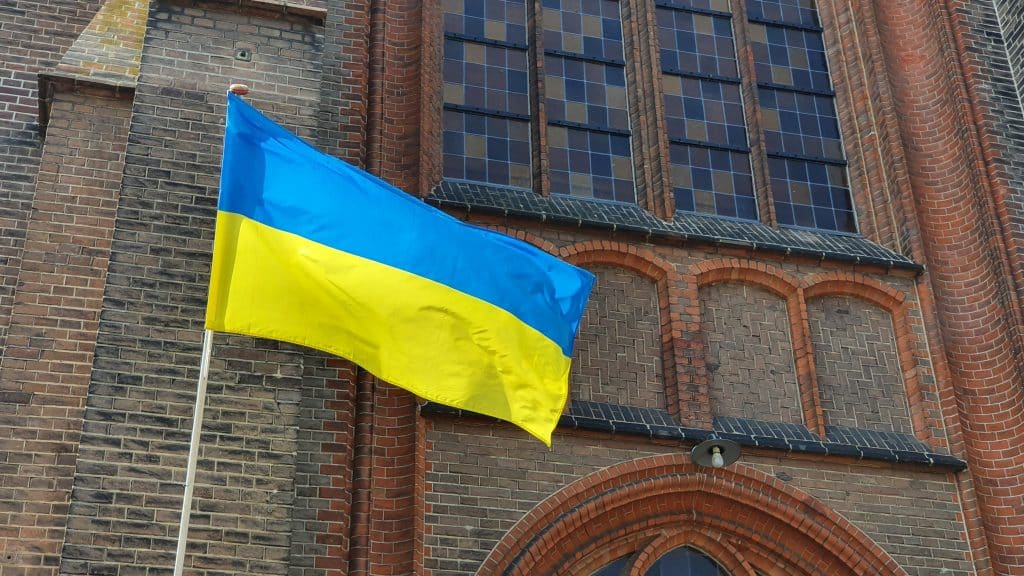
Friday, February 24, marks one year since Russian President Putin announced the invasion of Ukraine. Due to the intense and sustained bombing and fighting, many Ukrainians have had to flee the country. About 90,000 Ukrainians have fled to the Netherlands. FMS interviewed Yana (29) - who lives with her family in Leusden - and [...]
FMS Political Café: Passion and unity on 'revolutionary situation' in Iran
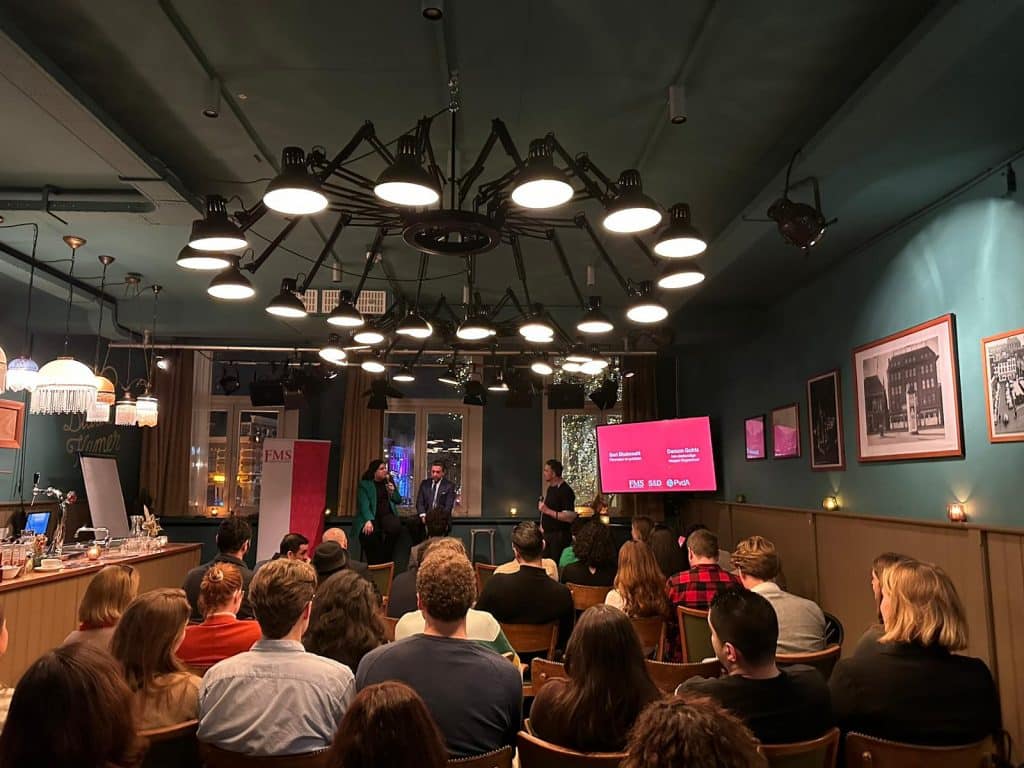
People are still taking to the streets en masse in Iran for the biggest Iranian protests since the 1979 Islamic Revolution. The FMS organised a political café about this on 2 February. With a passionate and engaged audience, experts, politicians and representatives of the Iranian diaspora stressed the importance of continued support for the [...]
Shared interests, but no mutual benefit

Imagine... someone close to you is committed to preventing animal suffering and stops eating meat, but buys a new fur coat every month. Or someone you know is campaigning worldwide for better climate plans, but does fly all over the world every week to do so. Probably you and I would react with surprise. We would explain that their actions contribute to the problem they are trying to solve. Whereas this incoherence is immediately noticeable in our immediate environment, outside it is far from always the case. For instance, incoherence within the Netherlands' Foreign Trade and Development Cooperation (BHOS) policy has been the most normal thing in the Netherlands for years.
Saving democracy also requires action at home
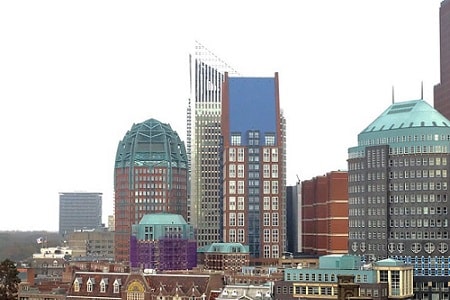
On 9 and 10 December, US President Biden will hold his Summit for Democracy. It is good that Biden is drawing full attention to the democratic rule of law. After all, it is under pressure worldwide. The Netherlands is attending and our outgoing prime minister is expected to contribute. This offers our country a unique platform to stand up for democratic rights worldwide. As representatives of civil society organisations, we make a number of suggestions in this open letter.
Policy coherence: Still not a central part of the 2022 state budget
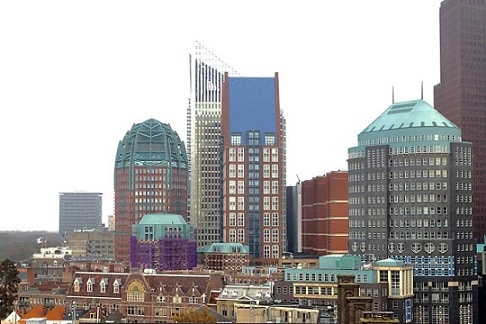
Last Tuesday was Budget Day, the day when the Cabinet traditionally presents the budget for the next year. Due to its caretaker status, the Cabinet was forced to present a policy-poor budget. This was not only reflected in the speech from the throne full of hollow words, but also reflected in the budget for Foreign Trade and Development Cooperation (BHOS), where the 0.7% norm, the spending of 0.7% of GNI on development cooperation, is once again not met and remains stuck at 0.53%.
